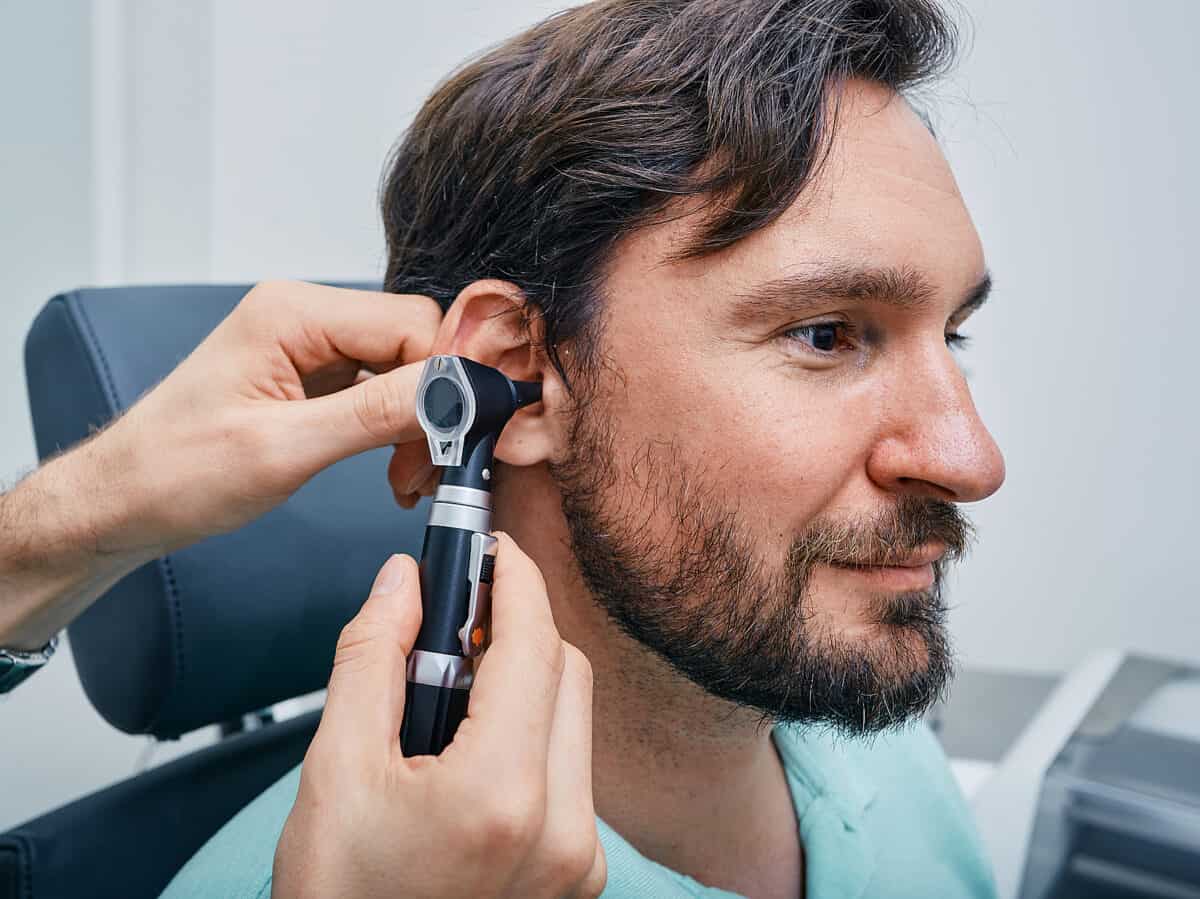- Travel Tips for People with Cochlear Implants - April 7, 2024
- How To Have A Great Conversation With People With Hearing Loss - March 22, 2024
- Causes And Treatment For Conductive Hearing Loss - March 5, 2024
Although an annual hearing test is not necessary for everyone, there are many reasons that you should get on board with a yearly exam. Young people who are not exposed to much noise and who do not experience any trouble with their hearing can usually get by with hearing tests less frequently. However, those who are over the age of 60, who have a workplace or leisure activity that exposes them to noise, or who have an experience of difficulty hearing or communicating should begin having hearing tests annually. When you get your annual hearing test, there are many benefits. Let’s take a moment to consider the main reasons you should get an annual hearing test. Once you begin the process of testing, you can find that these tests are integrated into your regular healthcare routine and a more general program of wellness.
- Early Diagnosis
The main reason for an annual hearing test is to diagnose an issue that you don’t realize you have. Many people already know that they have hearing loss, and they should proceed immediately to getting a hearing test. However, many others don’t realize that they are starting to lose their hearing ability. They might have noticed issues with communication or certain sounds that are missing, but they might think these issues are situational. Getting an annual test will alert you to unknown hearing issues.
- Early Treatment
The sooner you identify hearing loss, the sooner you can begin treatment. Untreated hearing loss is related to a wide range of problems, ranging from physical and mental health to cognitive decline. If you get treatment for hearing loss as soon as it becomes necessary, you can reduce your risk for many of these associated concerns with health and wellness. Early diagnosis is the only way to get early treatment and to prevent further health issues down the road.
- Prevention
When you become aware of hearing loss, you can take steps to prevent further hearing loss, as well. For instance, those who work in noisy places or who take part in recreational activities with a lot of loud sound might be incurring hearing loss through those environments. If your hearing test alerts you to hearing loss, you can begin to take steps to prevent further hearing loss. Earplugs and limits on your time of exposure to noise are two simple ways to prevent hearing loss from getting worse.
- Health Risks
Hearing loss is considered a co-morbidity with other health concerns. Although hearing loss does not cause these problems, per se, it can be used as an early warning sign. For example, hearing loss is highly correlated with diabetes and cardiovascular disease. If you receive a diagnosis of hearing loss, you can report this finding to your doctor. Although your hearing loss might be unrelated, your doctor can uses this diagnosis as a prompt for further testing, in some cases.
- Establishing a Baseline
You might get a hearing test, only to find your hearing ability is just fine. This result comes as good news, but you will also receive a profile of your hearing ability called an audiogram. This visual depiction shows which ranges of sound are more difficult for you to hear than others. Even when your hearing ability falls in the “normal” range for each of these frequency bands, this result is useful to detect changes in the future. If you continue to get annual hearing tests, our hearing health professionals will compare your past results with the present to see if there are any significant changes.
If you are over the age of 60, have exposure to noise or loud sound, or have noticed changes in your hearing ability, the time is now to get a hearing test. Establishing a habit of annual testing is a great way to mark your progress forward and to understand what treatment is necessary, if any. The test itself is easy, quick, and totally painless, so why not make an appointment today? Once we have the results of your hearing test, we can help you move forward to get the help you need when the time comes.

